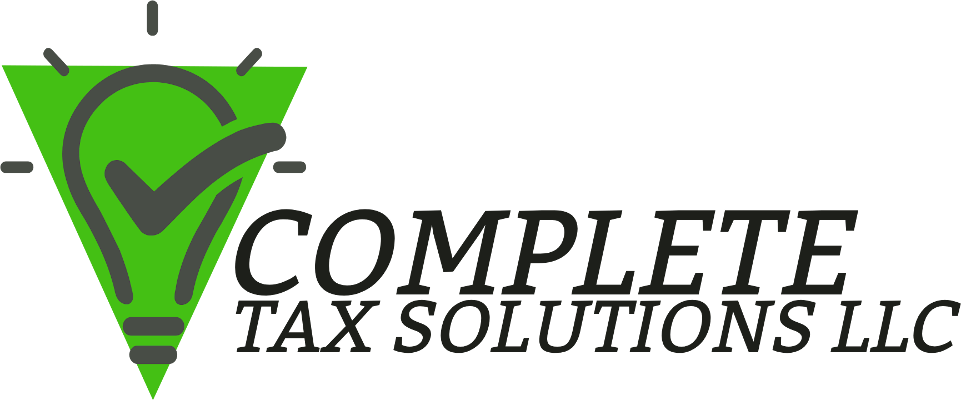The term “kiddie tax” was introduced by the Tax Reform Act of 1986. The kiddie tax rules are intended to keep parents from shifting their investment income to their children to have it taxed at their child’s lower tax rate. In 2022 the law requires a child’s unearned income (generally dividends, interest, and capital gains) above $2,300 be taxed at their parent’s tax rate.
Application
It’s important to note that the kiddie tax doesn’t apply in all circumstances. It doesn’t apply to all children, and it doesn’t apply to all income.
The kiddie tax applies to:
- Children under the age of 18
- Full-time students under the age of 24 and providing less than half of their own financial support
- Children with unearned incomes above $2,300
The kiddie tax does not apply to:
- Earned income (wages and self-employed income from things like babysitting or paper routes)
- Children that are age 18 or older and have earnings providing more than half of their support
- Gifts received by your child during the year
Calculation
When estimating your kiddie tax obligation, remember that:
- The first $1,150 of unearned income is generally tax-free
- The next $1,150 of unearned income is taxed at the child’s (usually lower) tax rate
- Only unearned income over $2,300 is taxed at the parent’s rate.
Planning
Remember that only unearned income above $2,300 is taxed by the kiddie tax. Because of that limit, there are some tax planning opportunities that exist which can help minimize your tax obligation:
- Maximize your lower tax investment options. Look for gains in your child’s investment accounts to maximize the use of your child’s kiddie tax threshold each year. You could consider selling stocks to capture your child’s investment gains and then buy the stock back later to establish a higher cost basis.
- Be careful where you report a child’s unearned income. Don’t automatically add your child’s unearned income to your tax return. It might inadvertently raise your taxes in surprising ways by reducing your tax benefits in other programs like the American Opportunity Credit.
- Leverage gift giving. If your children are not maximizing tax-free investment income each year, consider gifting funds to allow for unearned income up to the kiddie tax thresholds. Just be careful, as these assets can have an impact on a child’s financial aid when approaching college age years.
Properly managed, the kiddie tax rules can be used to your advantage. But be careful, this part of the tax code can create an unwelcome surprise if not handled properly. If you have questions about how the kiddie tax applies to your own situation (or that of your child), please contact our office. We would be happy to help.
